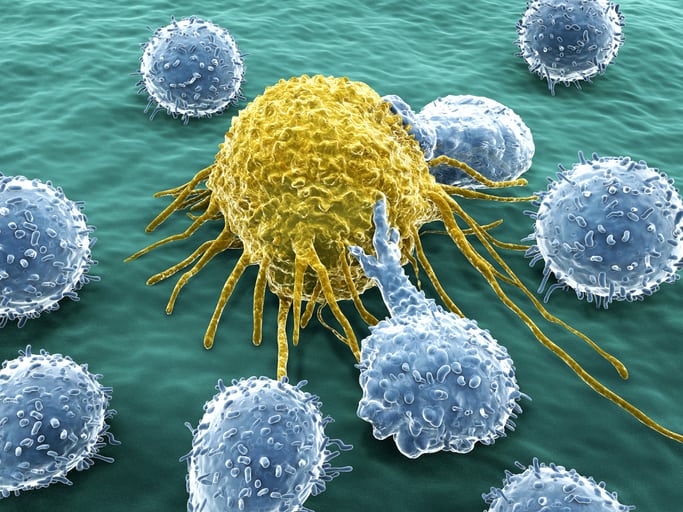Triple negative breast cancer (TNBC) and non-small cell lung cancer (NSCLC) are amongst the most aggressive forms of solid tumors. TNBC is highlighted by absence of genetic components of progesterone receptor, HER2/neu and estrogen receptor in breast cancer. NSCLC is characterized by integration of malignant carcinoma into respiratory system. Both cancers are associated with poor median and overall survival rates with low progression free survival with high incidences of relapse. These cancers are characterized by tumor heterogeneity, genetic mutations, generation of cancer-stem cells, immune-resistance and chemoresistance. Further, these neoplasms have been reported for tumor cross-talk into second primary cancers for each other. Current chemotherapeutic regimens include usage of multiple agents in tandem to affect tumor cells through multiple mechanisms with various such combinations being clinically tested. However, lack of controlled delivery and effective temporospatial presence of chemotherapeutics has resulted in suboptimal therapeutic response. Consequently, passive targeted albumin bound paclitaxel and PEGylated liposomal doxorubicin have been clinically used and tested with newer drugs for improved therapeutic efficacy in these cancers. Active targeting of nanocarriers against surface overexpressed proteins in both neoplasms have been explored. However, use of single agent nanoparticulate formulations against both cancers have failed to elicit desired outcomes. This review aims to identify clinical unmet need in these cancers while establishing a correlation with tested nano-formulation approaches and issues with preclinical to clinical translation. Lipid and polymer-based drug-drug and drug-gene combinatorial nanocarriers delivering multiple chemotherapeutics simultaneously to desired site of action have been detailed. Finally, emerging opportunities such as pharmacological targets (immune check point and epigentic modulators) as well as gene-based modulation (siRNA/CRISPR/Cas9) and the nano-formulation challenges for effective treatment of both cancers have been explored.Copyright © 2021. Published by Elsevier B.V.
Triple negative breast cancer and non-small cell lung cancer: Clinical challenges and nano-formulation approaches.


